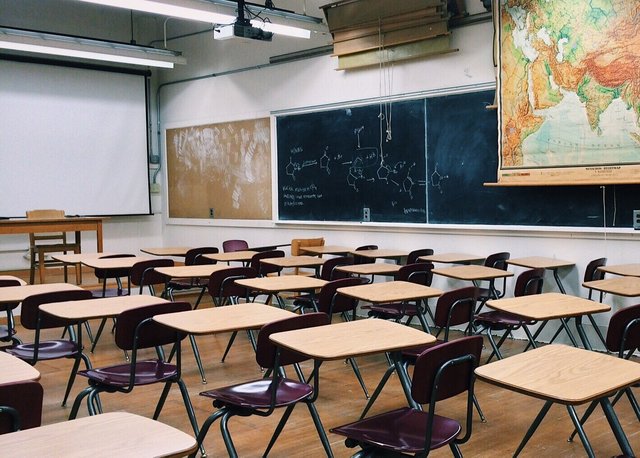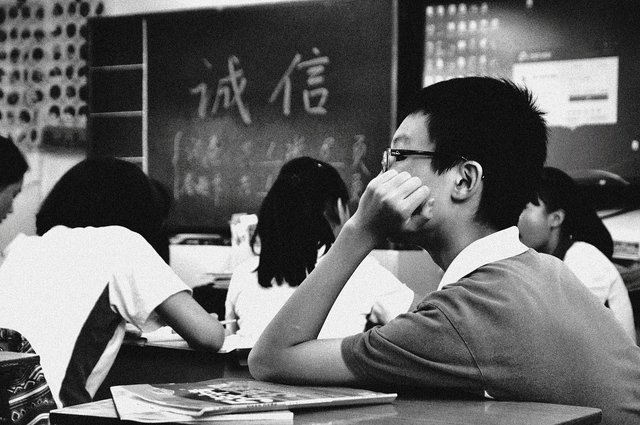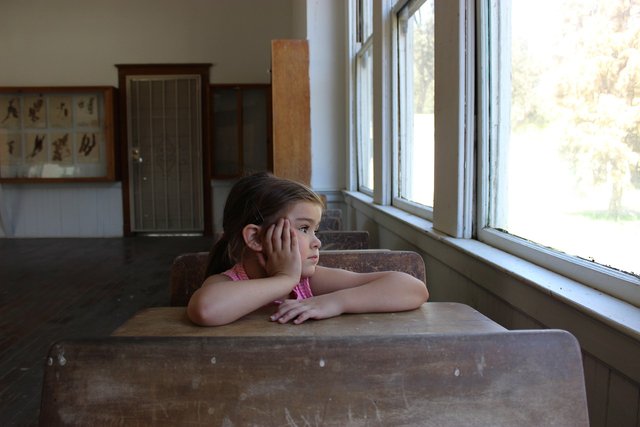
Source: pixabay.com
The emotional factor is very affected by the pandemic, many of the children and young people who resume their school activities come from a strict isolation and in some cases of loss of parents, relatives and friends. It is not a matter of returning as if nothing had happened, because what happened was really very serious and changed us completely, we must learn to manage our emotions. There are many people who have manifested depression, sadness, anxiety and many negative emotions after the pandemic, especially children. All this affects the cognitive development process and emotions intervene positively or negatively in learning.

Source: pixabay.com
Cognitive regression, there are studies that prove that the pandemic and isolation brought with it a cognitive regression in almost all children and young people who were in school. This is due to the fact that parents who were not prepared to assume the education at home or were in a difficult situation due to the health issue neglected the educational aspect, this is understandable, all of us who had to fight against the virus had nothing else to think about but our health. It's not an excuse, but across the board whether you like it or not, there was a period of the pandemic where people just didn't care about education or learning.

Cognitive regression was evidenced when students returned to the educational institutions and in the diagnostic tests they were not at the level or grade that corresponded to their age, there is even talk of children who regressed up to two grades. This implies opting for a different educational action by adopting new strategies. The processes associated with socialization such as the development of communication skills and interpersonal relationships are quite atrophied, today we have children who find it difficult to talk to their peers or create bonds of friendship because they spent years emphasizing that we should stay away from others.

Source: pixabay.com
These aspects and many others lead us to rethink education and the ways in which educational practices are developed. Post-pandemic education strategies must include educational technologies and alternate traditional practices with flexible strategies that adapt to the needs of students.

Make school day schedules more flexible. Have the support of specialists in the management of emotions and conflicts that may arise in the cases of children who require support. Generate creative learning strategies that are adapted to the needs of each student. And most especially, we must humanize education, today's educational institutions have a great challenge in terms of human rights, equality, ethics and values.
Authors of the free images at pixabay.com:
Image 1. Wokandapix
Image 2. ken19991210
Image 3. Koko Coley

Thank you, friend!


I'm @steem.history, who is steem witness.
Thank you for witnessvoting for me.
please click it!
(Go to https://steemit.com/~witnesses and type fbslo at the bottom of the page)
The weight is reduced because of the lack of Voting Power. If you vote for me as a witness, you can get my little vote.
Downvoting a post can decrease pending rewards and make it less visible. Common reasons:
Submit